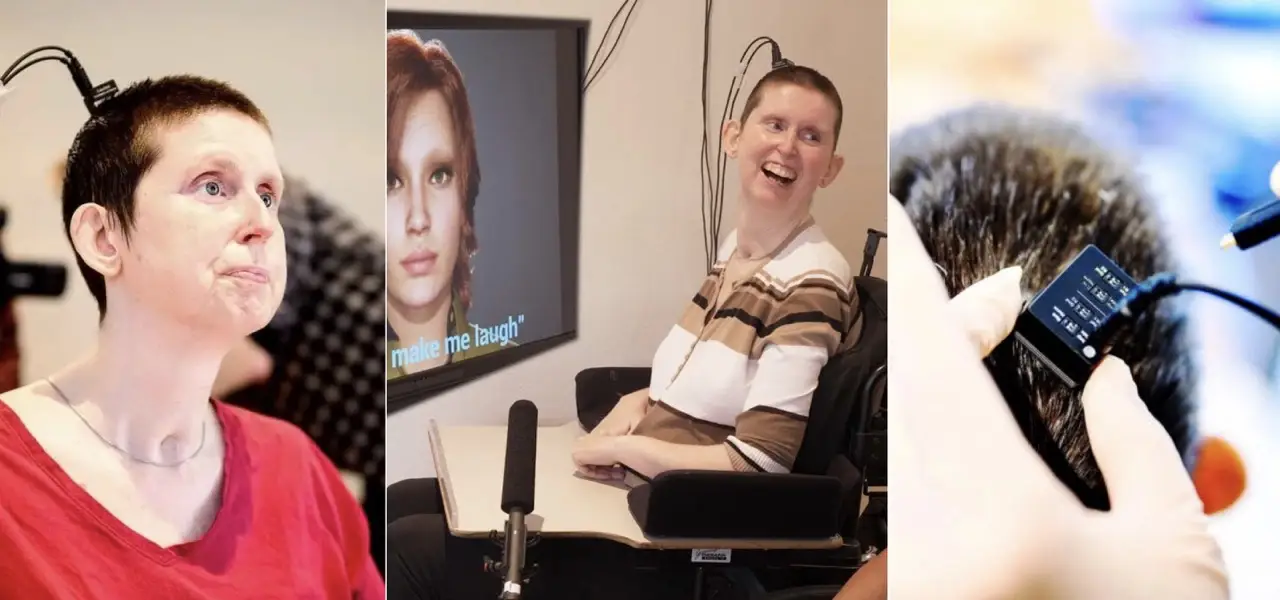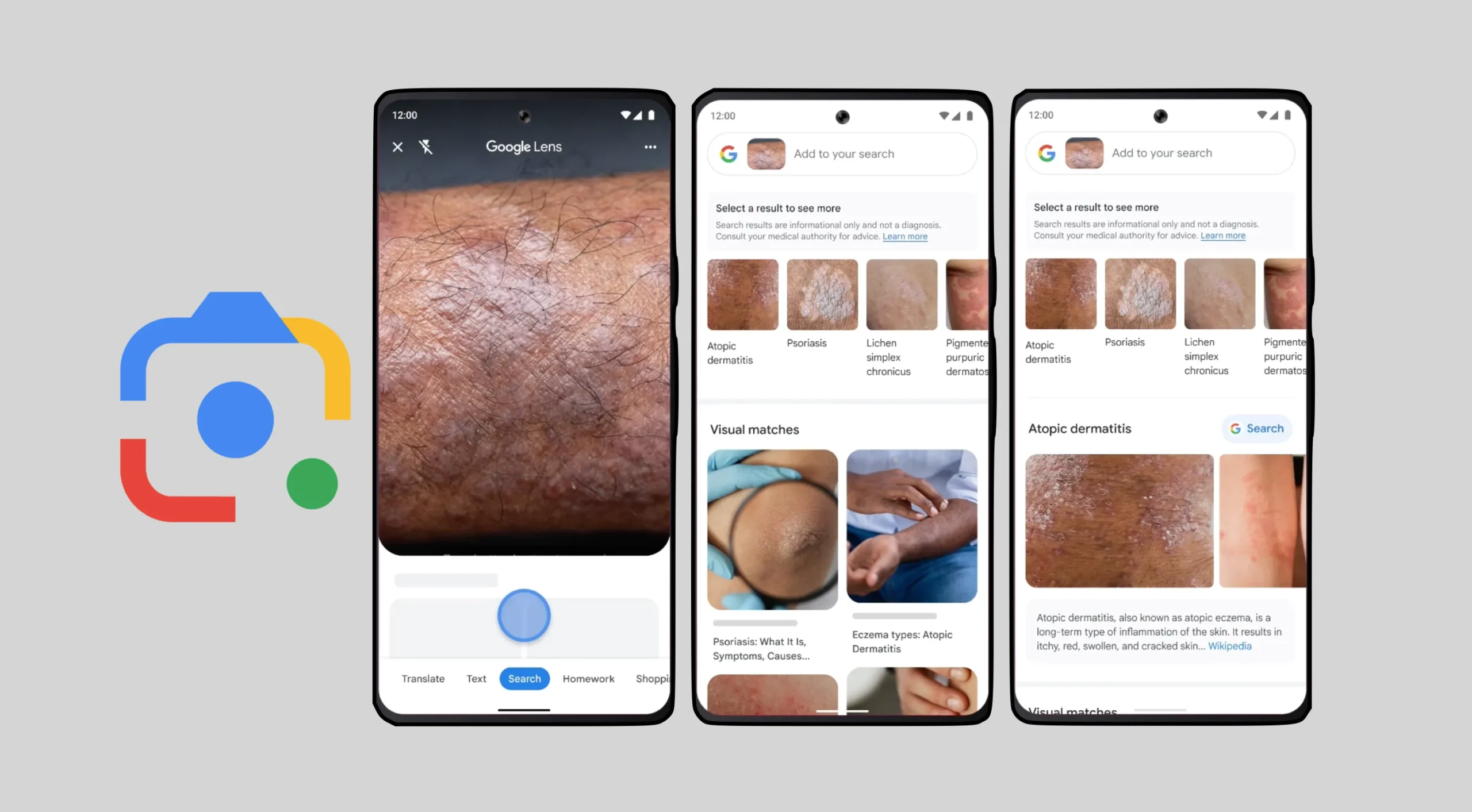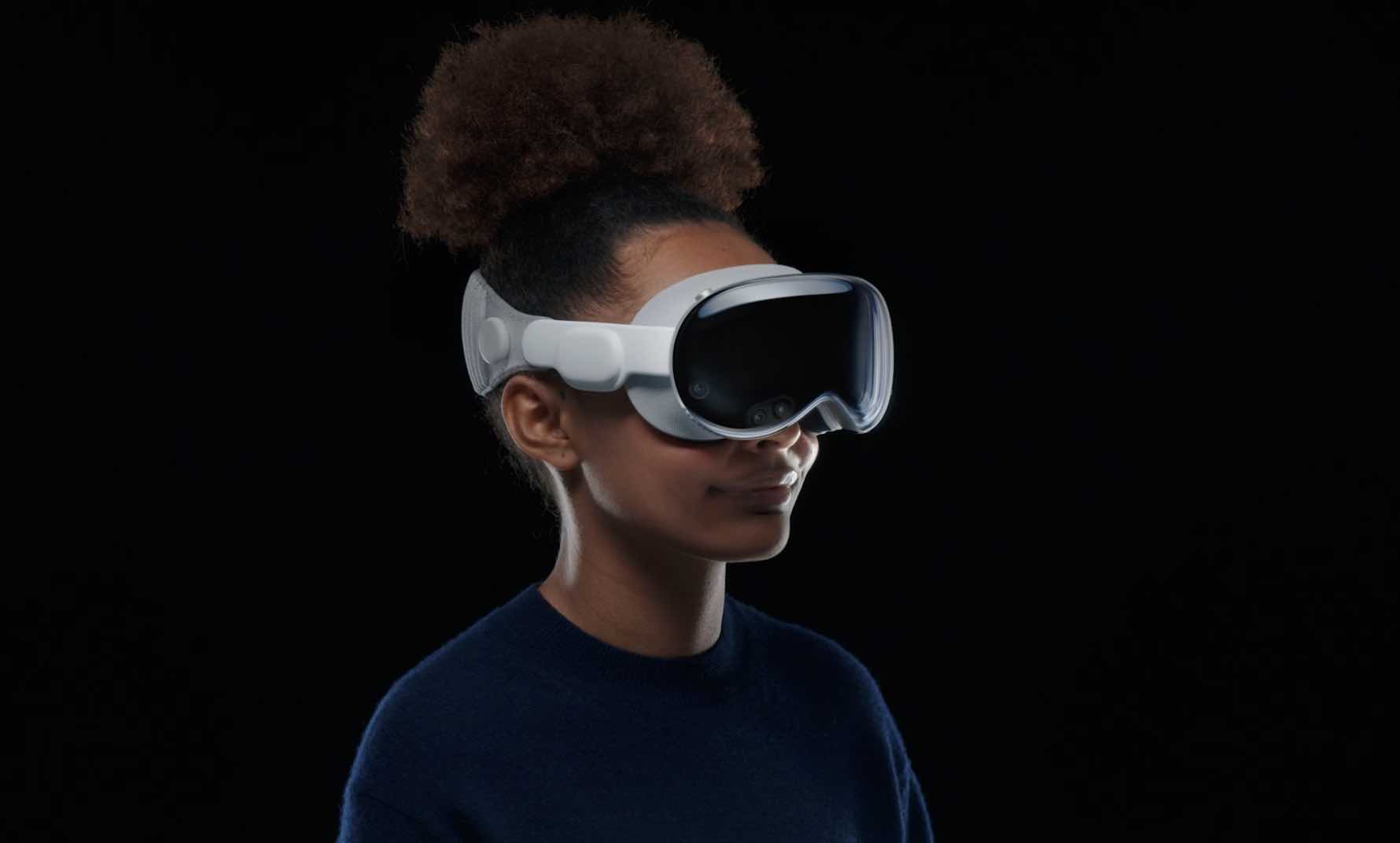Virtual Reality and AI Combine to Predict Personal Info, Unveiling Privacy Implications

Credit: Google | Pixbay | Pexels | Wallpaper flare
The convergence of artificial intelligence (AI) and virtual reality (VR) is giving rise to privacy concerns as researchers demonstrate the ability to predict personal information with remarkable accuracy using VR headset data. Through meticulous analysis of user movements in VR environments, a machine learning model has been developed that can accurately forecast users’ attributes such as height, weight, age, and even marital status, often without their direct input.
VR headsets track how you move. Combined with AI, that can reveal a lot. https://t.co/Ws5v3HQo69
— Bloomberg Technology (@technology) August 10, 2023
Studies conducted at the University of California, Berkeley, underscore the precision of this AI-driven model. In one experiment, a single person was distinguished from a pool of over 50,000 VR users with an astonishing accuracy rate exceeding 94%. A subsequent study further showcased the model’s capability to ascertain height, weight, foot size, and nationality with an accuracy of more than 80%, based on data from 1,000 participants engaged in the popular VR game Beat Saber. The accuracy extended to personal details like marital status, employment status, and even ethnicity, with figures surpassing 70%.
This feat is achieved through a machine learning algorithm that interprets data from VR headset movements, such as eye and hand gestures. Vivek Nair, the lead researcher at UC Berkeley, explains that attributes like age and gender are inferred through factors like reaction time. Interestingly, deeper aspects including income, health status, and political preferences can also be deduced.
Amidst these revelations, concerns about privacy and data usage have escalated. VR headsets collect a rich array of user data, encompassing gaze behavior, body language, and facial expressions, which surpasses conventional web or app-based data collection. Tech giant Meta Platforms Inc. has embraced AI to augment its understanding of users, with significant impacts on advertising revenue and user engagement.
Addressing privacy challenges posed by VR headset data collection requires innovative solutions. The intricate nature of the data, including eye and hand movements, makes implementing effective privacy controls a complex endeavor. Suggestions include data encryption and limitations on the data stored.
However, the rapid evolution of technology continues to outpace user awareness and control. The combined potency of AI algorithms and VR data intensifies privacy apprehensions, leaving users increasingly exposed. Striking a balance between technological advancement and safeguarding user privacy is of paramount importance as society navigates this transformative era.
RELATED NEWS
WEB STORIES FOR YOU
Stay connected with Today On Globe for the latest Global Issues and News Updates.
Explore more related articles at [TOG News / TOG Article]






















